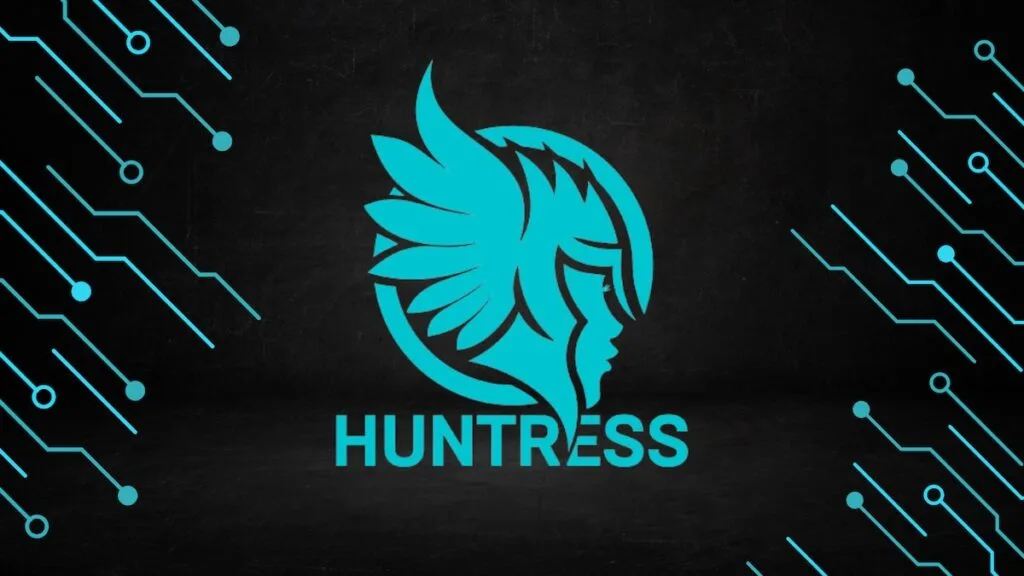I had the pleasure to attend a great panel discussion put on by Strawberry Creek Ventures and Castor Ventures, firms that invest in Berkeley and MIT alumni respectively. The two panelists were both fantastic entrepreneurs working on genuinely world-changing solutions, and over the course of the evening, they recounted their entrepreneurial journey. After the moderator finished asking her questions, the discussion was opened up to audience questions.
I asked the two entrepreneurs how they got their ideas off the ground at the earliest stages of their enterprise. This is a topic that I'm obsessed with given that it's my job to help entrepreneurs launch and grow their startups. Both answers were great, but one truly resonated with me.
The Golden Advice
Inder Singh, the founder and CEO of Kinsa Health, stated that the most critical piece of advice he can give to aspiring startup entrepreneurs is to tell anyone that will listen about their venture. He further noted that if you are genuinely passionate about your mission, you will soon build an army of allies that can help advance your quest in numerous ways. I cannot understate the gravity of Inder's advice.
Earlier in my career, I didn't understand how critical it is to let others know about your vision as an entrepreneur. In fact, promoting my work felt unnatural and wrong. I had been brought up to be humble, and talking about my ventures seemed to fly in the face of this ethos. It was only after a few journeys as an entrepreneur (some successful and others not), did I learn that telling people about your mission is a founder's primary task.
The Founder's Crucial Jobs
At the very earliest stages of starting any enterprise, the founder has a number of crucial jobs.
First, the founder has to build the most outstanding team possible. This might start with finding a co-founder or making the first few hires, which will likely set the trajectory of the endeavor more than any other factor. One of the best ways to find a co-founder or key hire is through connections, and your network will not know to make an introduction if they are unaware of your work.
Second, the founder is responsible for securing funding. The most common form of investment in ventures that are just starting is from friends, family, and angel investors. Once again, a founder is much more likely to garner funding from friends or angel investors when he or she gets the word out.
Third, the venture will obviously fail if it does not reach customers or partners that can help with distribution. For some types of startups, getting out there and talking to folks can result in direct customer acquisition. For example, I was recently at a venture capital summit, and one gentleman was telling anyone he could about an angel matching platform that he has built. Many of the people that he spoke with were not angels, but some were both angel investors and prospective customers. In other cases, telling folks about your venture can result in a connection to a large customer, partner, or distributor.
Finally, the most important thing that any founder needs to be continually doing is learning. In some cases, this might be learning about the market, need, or competing solutions. In other cases, learning might take the form of receiving feedback on your solution, business model, go-to-market strategy, and so on. The critical thing is to tell others about what you are doing, why, and how and listen intently to their questions and comments. The better you are at absorbing and acting on the information that you get from others, the higher your probability of success will be.
Where and How to Tell Your Story
I hope that I have conveyed how the simplest of acts can help your startup succeed, but you might still be unsure about where and how you can tell people about your venture. Moreover, you might find doing so intimidating or uncomfortable, but with a little resolve and investigation, you definitely can learn to promote your work and get feedback.
For me, the least intimidating way to get comfortable with telling people about my ventures was in the environment of complete strangers. Whereas some people feel at ease with sharing their vision their friends, I dreaded doing so because I thought that it was both boring and boastful. Instead, going to meet-ups and larger gatherings of entrepreneurs made it easier to strike up a conversation and describe what I was doing. After all, most of the people present at such events are in the same boat.
There are multiple ways to find events for entrepreneurs in your area that rarely require more than a few minutes of searching the web. There are also online event listings or newsletters that you can track. In essence, you should try to attend as many investor events, entrepreneur meetups, pitch competitions, tech and startup summits, alumni events, and startup-related social events as possible.
If you are in school, there are ample opportunities for promoting your work and getting feedback. You can start with your classmates and professors. Tell them what you are working on, why, and how you plan to build a product and a business. Taking things a bit farther, you can also enter pitch competitions and other entrepreneurship events.
The workplace is another excellent venue for telling people about your vision. I have been consistently impressed how receptive and supportive my co-workers have been in the past as I was working on getting things off the ground. Not only that, there is a good chance that they might be a customer, so this presents a perfect opportunity to get feedback on your solution or product.
Talking can be very simple and challenging at the same time, particularly when the topic is something that you value dearly such as your vision for a product or business. However, if you care about making your vision a reality, you must push yourself to promote your work and get feedback. In doing so, you will give yourself better odds of success. Now, go get 'em!





